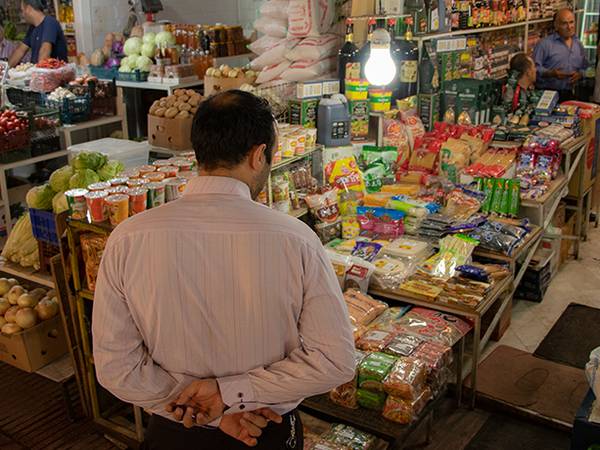The cost of living in Iran has reached staggering levels, with the year-on-year inflation rate for households across the country soaring to 39.8 percent in August.
According to a report by Iran’s Labor News Agency, when considering minimum living standards, the cost of living has surged to 194 million rials, equivalent to approximately $400 per month. However, when factoring in housing expenses, particularly in Tehran, the cost of living exceeds a daunting 230 million rials, approximately $460 monthly.
Major industrial cities such as Mashhad, Esfahan, and Tabriz also witness high costs of living ranging from 200 to 220 million rials per month.
Currently the minimum wage in Iran is about $150 a month and the average income of people is between $150 to $250. Key workers remain at the bottom of the pay scale. Iran's Teachers' Association recently said that a third of the country's educators earn less than $200 a month, meaning many are fleeing for work abroad.
One of the primary contributors to Iran's economic turmoil is the drastic depreciation of its currency, the rial. Just over a year ago, the rial was trading at approximately 300,000 to the US dollar. However, in early May, it plummeted to as low as 550,000 rials to the dollar, and currently hovers around 490,000 rials to the dollar. This catastrophic devaluation of the rial directly reflects the nation's inflationary crisis.
Iran heavily relies on imports for essentials like food, animal feed, medicines, raw materials, and finished goods. As the local currency continues to lose value, the cost of imports escalates, ultimately leading to higher prices for consumers. This, in turn, places an additional burden on Iranian households already grappling with soaring living costs.

